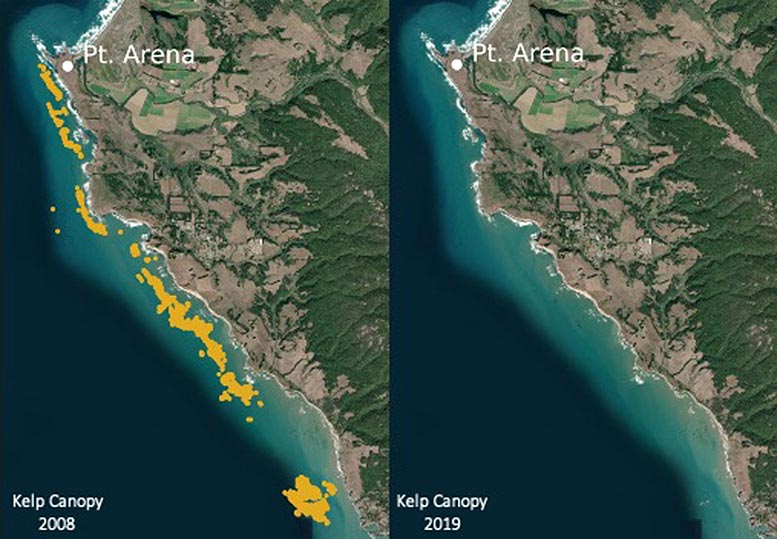Extremely small, ‘sesame seed-size’ brains which have been created from a mix of human and Neanderthal genes lived in petri dishes in a University of California Extremely small, ‘sesame seed-size’ brains which have been created from a mix of human and Neanderthal genes lived in petri dishes in a University of California, San Diego laboratory.
This can be considered as an evidence to show how the organs have evolved over time. According to the report by Live Science, this is not the first time tiny brains have been grown for research. However, this is the first time when a hybrid has been cultivated out of a human organ with an ancient human cousin.
Studying mini brains As a part of the research, scientists replaced the human NOVA1 gene in few stem cells used to grow the minibrains with a NOVA1 gene pieced together from the genetic remnants in bones of long-dead Neanderthals. This was done because the researchers know that NOVA1 plays an important role in brain development. Scientists have always tried to study the evolution of human beings and their brains. One simple way which was to figure this out is through comparing modern genes involved in brain […]
Click here to view original web page at www.republicworld.com







